The Pros and Cons of Owning a Large Family Dog
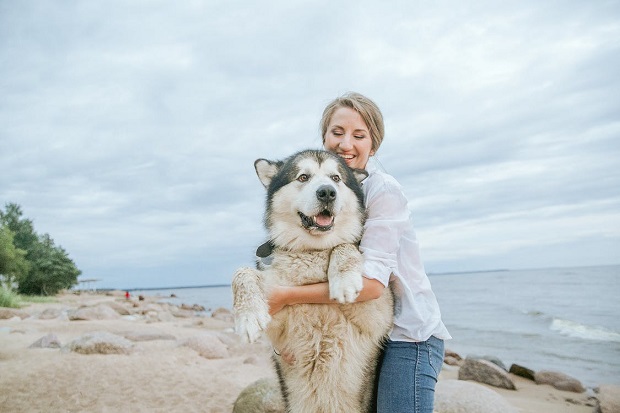
The Pros and Cons of Owning a Large Family Dog
Introducing a dog into your household can be an extremely exciting and rewarding gesture. There are many benefits to owning a dog as a family; it teaches children about responsibility and other important life lessons; it encourages your household to bond, as you go on adventures and spend time together training your new furry friend; and owning a dog will make you more active and encourage you to spend more time outdoors, which is great for your mental and physical health. They are also extremely cute and offer unconditional love, which can make you feel less stressed and less alone.
A dog will become your best friend, but with so many different dog breeds and sizes out there, you may be wondering what is right for you. There are lots of Large Calm Dog Breeds that make wonderful family companions. To narrow down your choices, here are some pros and cons of owning a large family dog.

- They Make You Feel Safe
One of the best things about owning a large family dog is that they will make you feel safe at home and on the street. If someone tries to approach your house and a big dog starts barking and defending their home, then it will deter thieves and unwelcome visitors. As a parent, this can make you rest easier and will provide comfort and security to you and your children. In the winter, the days get longer, so you will need to walk your dog in the dark sometimes. If you own a big and impressive canine, you will feel safer and more protected on your walk.
- They Are Good with Kids
Despite their large and sometimes scary appearance, large dog breeds are actually very good with children and make fantastic family pets. Many big dogs are known for having an even temperament and will be more tolerant and less fragile than a smaller breed. They also tend to be protective over children. Even though large dogs are good with kids, you need to make sure your children understand how to approach and treat a dog with love and respect, in order to avoid fatal accidents or injuries to your children or your dog.
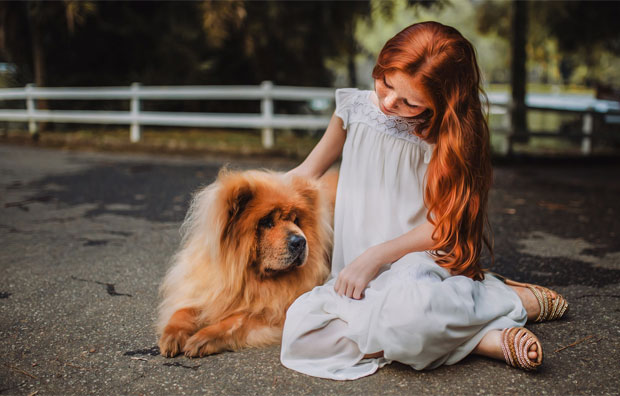
- They Are Very Smart and Trainable
Whatever breed of dog you choose to own, ensuring that they have been trained and well socialised is crucial for the safety of your pet and the family. Most large breeds are extremely good at dog training and are very eager to please their owner. Due to having bigger brains, some of the smartest and most trainable dog breeds will fall into this size category. Many big dogs actually enjoy learning, making them easier to train than a smaller dog. They also have better memory and self-control compared to some smaller breeds.
- They Are Loving and Protective
Big dogs have big hearts that are full with love and affection for their family. All breeds of dog have a lot of love to give; however, large breeds tend to be more willing to share the love. Small dogs often favour one person and can be shy and anxious with new people, which can lead to a stressed dog with many behavioural problems. A big dog will be loyal, but will be happy to share the love and protect all members of the family. They are more laid back and ‘easy going’ compared to smaller dog breeds, making it easier for them to be a part of your family.
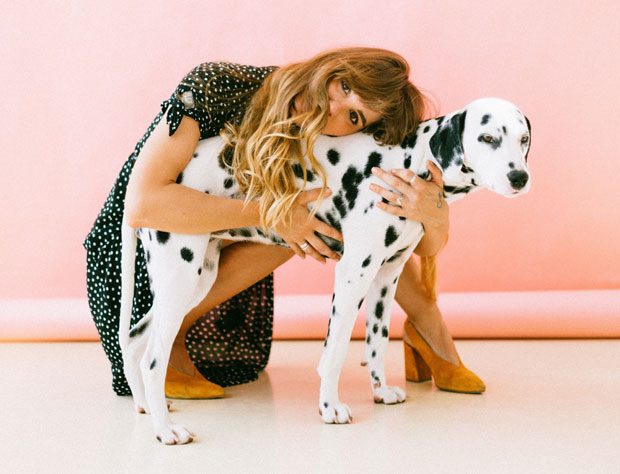
- They Are Calm in the Home
Most large dog breeds are relatively calm in the home, as long as they have been provided with the right level of exercise. They tend to save up all of their energy for playing and exploring the great outdoors and prefer to spend their time in the house relaxing. This means that many large dogs can adapt to smaller living environments, as long as they get to go on walks and play on a daily basis. This makes large breeds great for families who enjoy being outdoors, have busy schedules during the day and don’t want a dog under their feet in the home.
- They Are Plentiful
Large dog breeds usually give birth to larger litters and experience fewer problems with whelping. This makes finding a puppy easier (unless it is a rare breed). Adopting a dog is highly recommended over purchasing a puppy from a breeder. If you check out your local dog shelter, you will notice that there are many overlooked large breeds available for adoption, because they are often misunderstood. If you adopt a dog, their behaviour and health will be thoroughly tested to see if they would suit your family and what you have to offer them.
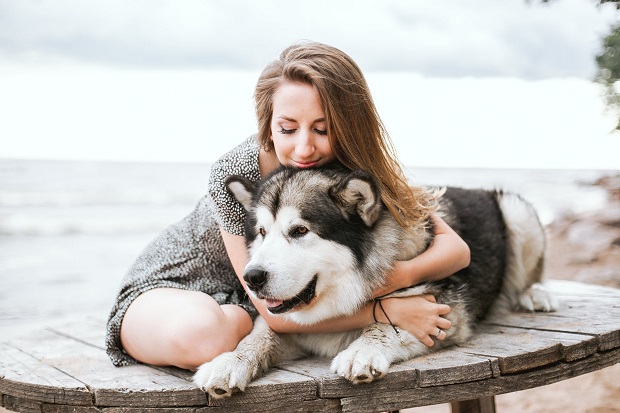
- Everything Costs More
From food to vet bills, owning a large dog breed responsibly will be very expensive. You will need to buy them big bags of food on a regular basis, which will cost a lot over time. Vet bills and preventative care are usually more expensive, because they will require higher doses of medication. In order to save money on unexpected vet bills and medical emergencies, you should invest in pet insurance for your dog. The monthly fees will cost more than a small breed, but it could save your dog’s life and thousands of pounds in the future.
- Travelling Will Be Harder
Many holiday locations, both near home and abroad, have become dog-friendly. This has increased the number of families who bring their dogs away with them, because you can enjoy the holiday together and it’s kinder and more cost effective than sending the dog to a kennel. However, if you have a large breed, it can make travelling harder. They will reduce the space in your car for luggage and taking them on a plane will cost more. Plus, some holiday accommodation won’t allow or accept big dogs at their property.
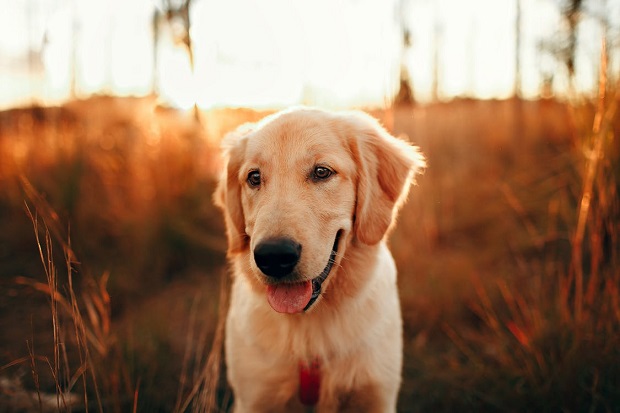
- They Experience More Joint Issues
Some small breeds can be extremely unhealthy and the health of your pet will depend on how well they have been bred and taken care of throughout their lives. However, due to the structure of a large and heavy dog, they tend to experience problems with their joints and hip dysplasia. Breeds like golden retrievers and huskies are notorious for having hip issues, read more here on the RestedPaws.co.uk blog. Fortunately, maintaining a healthy weight, regular walks and feeding them dog joint supplements, like Yumove, can help keep their joints healthy. Yumove dog joint supplements contain glucosamine and chondroitin which can help to reduce stiffness in large and old dogs.
- They Have a Shorter Lifespan
Unfortunately, with the increased risk of developing joint problems, plus other health conditions and the high cost of veterinary treatment, large dogs tend to have a shorter lifespan. If you would like your children to grow up and form a strong bond with a pet dog, then a large breed may not be around for as long as you would like them to be. However, some big dogs live long and healthy lives, passing away peacefully in their early or mid-teens. Again, their current lifestyle and their genetics will play a huge part in how healthy they are in the future.
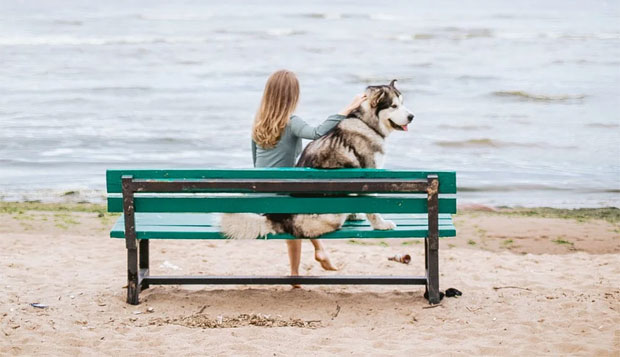
Before you make a dog a part of your family, you must do your research. You need to make sure you have the time, money and patience required to raise and take care of a dog. If you don’t choose to adopt a dog, then you will must thoroughly research the breeder and be prepared to spend more cash.
Guest Article. Contains sponsored links.




